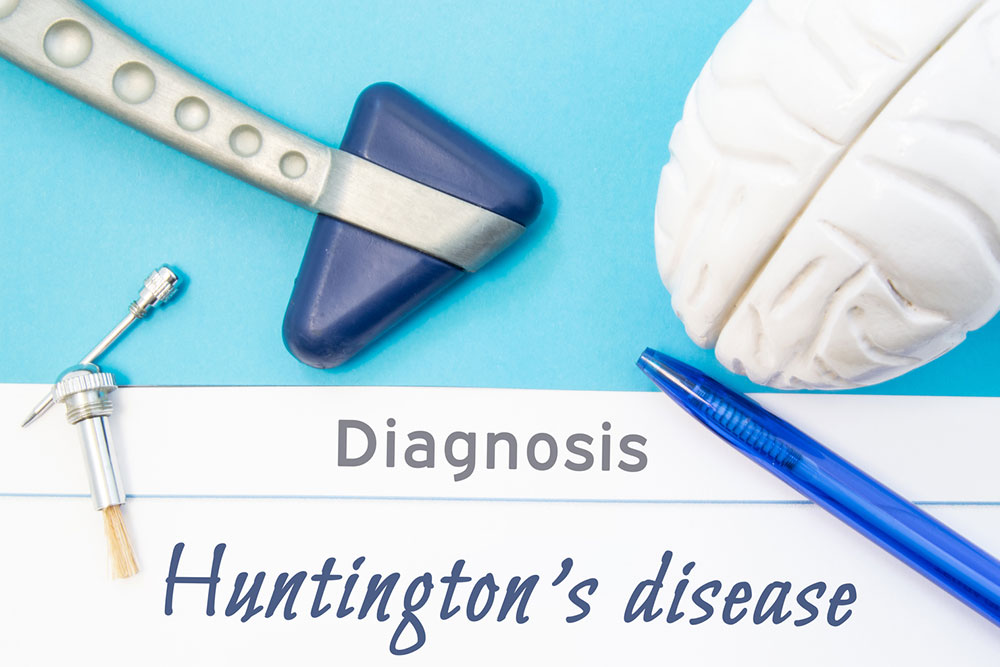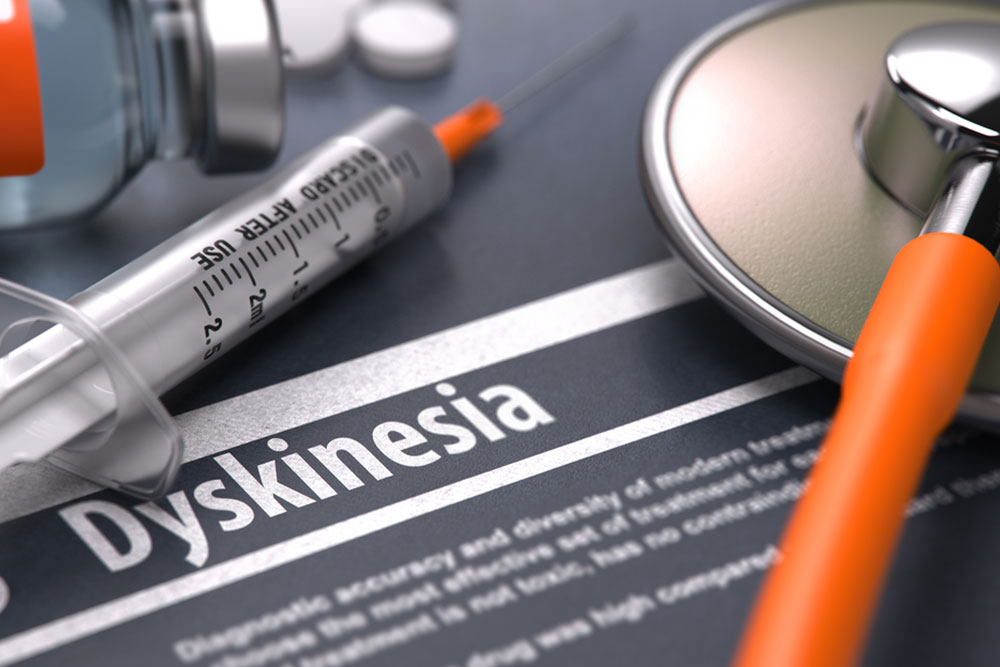Signs and Symptoms of Huntington's Disease: A Comprehensive Overview
This article offers a detailed overview of Huntington's disease, highlighting its key symptoms such as movement impairments, cognitive decline, and psychiatric issues. Early detection through professional diagnosis is emphasized, along with management strategies like physiotherapy and counseling. Understanding these signs helps patients and families prepare for the disease’s progression and seek appropriate care. The content is designed to inform and support those affected by Huntington's disease, promoting awareness and timely intervention for better living quality.

Signs and Symptoms of Huntington's Disease: A Comprehensive Overview
Huntington's disease is an inherited neurodegenerative disorder that progressively damages nerve cells in the brain. This degeneration leads to a decline in physical abilities, mental functions, and emotional stability. Recognizing the early symptoms is crucial for timely diagnosis and management. Symptoms may not all appear simultaneously, and their severity varies among individuals. Accurate diagnosis often requires consultation with healthcare professionals and specialists to determine the best treatment approach. Understanding these symptoms facilitates early intervention and improves quality of life.
Key symptoms include movement challenges, cognitive impairment, and psychiatric issues, which may emerge gradually over time. Identifying these signs early can help in managing disease progression effectively.
Movement-related symptoms often include involuntary jerks, muscle rigidity, balance difficulties, and abnormal gait. These motor issues stem from nerve cell degeneration affecting muscle control. Patients may experience eye movement irregularities, swallowing problems, and trouble with coordination. Regular physiotherapy can help manage these motor symptoms effectively.
Cognitive difficulties in Huntington's disease involve problems with memory, concentration, and language comprehension. Patients might struggle to recall words, process information, or adapt to changes due to nerve damage in the brain. These challenges impact daily functioning and behavior.
Cognitive decline results from disrupted nerve signals, affecting decision-making, problem-solving, and processing complex data. Changes in behavior, such as reduced flexibility and awareness, are also common as the disease advances.
Psychiatric symptoms, including depression, anxiety, and mood swings, are prevalent among Huntington's patients. These mental health issues often result from chemical imbalances caused by nerve deterioration. Some individuals may experience bipolar disorder or obsessive-compulsive behaviors, necessitating professional counseling and support for effective management.
Note:
Our blog offers wide-ranging, insightful information on health and neurological conditions. While our content is based on thorough research and expert advice, it should not replace professional medical consultation. Always seek guidance from qualified healthcare providers for diagnosis and treatment options. We do not assume responsibility for discrepancies or misinformation that may arise from other sources or platforms.










